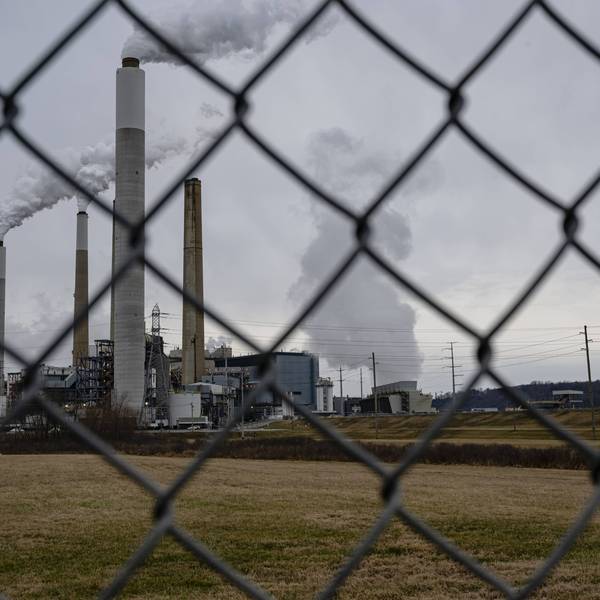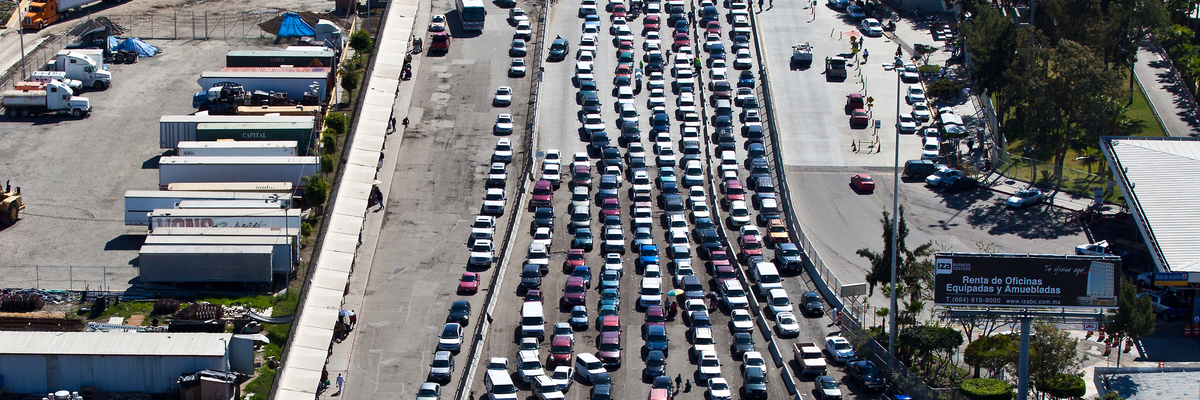Three judges serving on the U.S. Court of Appeals for the District of Columbia Circuit on Tuesday affirmed the Biden administration's 2022 decision to preserve California's strict emissions standards—dealing a blow to a coalition of right-wing state attorneys general and fossil fuel industry groups that had challenged the rules.
The panel—made up of judges who were appointed by Democratic Presidents Joe Biden and Barack Obama—ruled that the U.S. Environmental Protection Agency (EPA) was right to reinstate its waiver, dating back to the 1970s, which allows California to impose stricter emissions standards than the federal government.
The waiver, which has helped the massive state to reduce its greenhouse gas emissions by hundreds of thousands of tons annually, was introduced to help the state address smog stemming from congested freeways and roads in Los Angeles.
The Trump administration revoked the exception in 2018, and Biden reinstated it in 2022, a move that one Sierra Club leader said was "vital to California" and would have a "positive ripple effect on states across the country, driving forward climate progress and delivering cleaner air for millions of Americans."
On Tuesday, Sierra Club senior attorney Joshua Berman said the D.C. Circuit panel's ruling in Ohio v. EPA was "a victory for cleaner air and cleaner cars not just in California, but across the nation."
"The D.C. Circuit has reaffirmed California's critical role in protecting its residents from harmful vehicle emissions, thereby benefiting the many states that rely on adoption of California's standards to achieve and maintain the Clean Air Act's air quality mandate," said Berman.
California's strict emissions standards have been adopted by 17 states and Washington, D.C. since they were first introduced. The Biden administration recently approved new emissions standards for cars as well as buses and trucks that campaigners and experts said were progress but didn't go far enough.
Alice Henderson, director and lead counsel for the Environmental Defense Fund, said the upheld standards "will save lives, protect people from the climate crisis and unhealthy air pollution, save drivers money, and help create good new jobs."
Scott Hochberg, transportation attorney for the Center for Biological Diversity's Climate Law Institute, which intervened in Ohio v. EPA in support of California's waiver, called on the state to now "go full speed ahead with strong car standards."
"This year California should continue to show national leadership on clean vehicles by adopting ambitious new standards for gas-powered cars, pickups, and SUVs," said Hochberg. "Importantly, this ruling ensures that the 17 other states that follow California can keep driving towards a future with cleaner air and cleaner vehicles."




